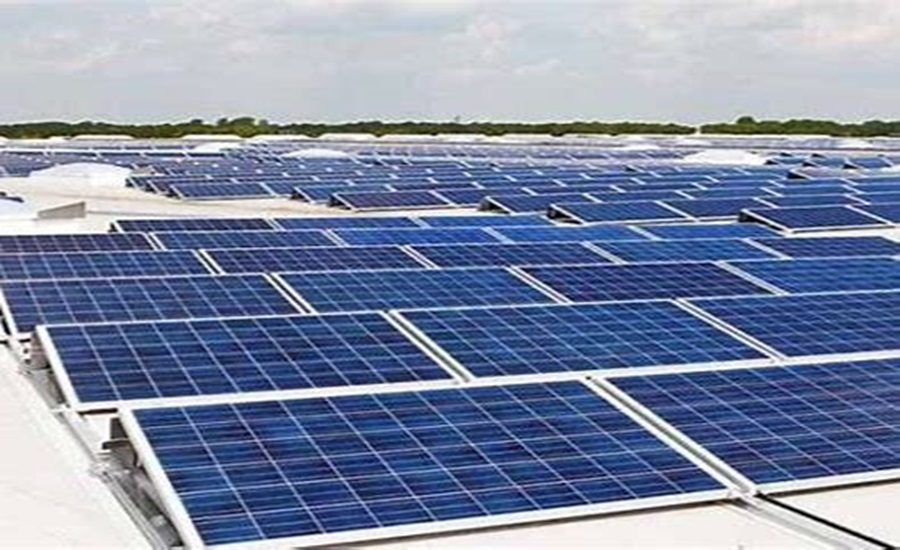New Delhi: The Central Electricity Regulatory Commission (CERC) has issued a draft proposal introducing a Buyout Price mechanism as an alternative means for designated electricity consumers to fulfill their Renewable Consumption Obligation (RCO). This framework, released on Wednesday, aims to provide flexibility while maintaining accountability in achieving India’s renewable energy targets.
The proposal follows the Ministry of Power’s notification dated September 27, which mandates a minimum share of renewable energy consumption by key consumers, including electricity distribution licensees, open access users, and captive power producers.
Three Compliance Options for Renewable Consumption Obligation
Under the proposed framework, designated consumers can fulfill their RCO through three distinct routes:
- Direct consumption of renewable electricity—either directly or via energy storage systems.
- Purchase or generation of Renewable Energy Certificates (RECs).
- Payment of a Buyout Price—a financial contribution determined by CERC, applicable if the first two options are not feasible.
Funds collected under the buyout mechanism will be credited to the Central Energy Conservation Fund, with 75% of the proceeds transferred to State Energy Conservation Funds. These funds will be utilized to expand renewable energy and storage infrastructure, thereby supporting India’s clean energy transition.
CERC emphasized that the buyout price is intended as a fallback option rather than a substitute for renewable consumption or REC trading. The first two methods remain the preferred modes of compliance as they directly stimulate renewable capacity growth.
Read also: MNRE Invites Creative Minds to Design Official Logo for National Green Hydrogen Mission
Proposed Buyout Price Fixed at Rs 245 per MWh
CERC has proposed setting the buyout price for FY 2024–25 at Rs 245 per MWh, which represents a 5% premium over the weighted average REC price of Rs 232.84 per MWh for the same period. This premium is designed to encourage consumers to prioritize direct renewable energy consumption or REC purchases rather than relying on the buyout mechanism.
Looking ahead, the buyout price will be revised annually until FY 2029–30, pegged at 105% of the previous year’s weighted average REC price. The National Load Despatch Centre (NLDC) will publish these figures by April 30 each year, ensuring transparency and predictability for consumers.
Aligning with India’s 2030 Renewable Energy Goals
The proposed framework aligns closely with India’s goal of achieving 500 GW of non-fossil fuel capacity by 2030. By introducing the buyout mechanism, CERC aims to create a balanced system—one that maintains renewable energy demand while offering industries flexibility during periods of limited green power availability.
The collected funds will directly support new renewable and energy storage projects, reinforcing India’s clean energy infrastructure and investment pipeline.
Stakeholder Feedback Invited
CERC has invited feedback on the proposal from stakeholders, including power companies, industries, and public entities, by November 21, 2025. Comments can be submitted via email to the Secretary, CERC, at [email protected] or [email protected].
The Commission will review all submissions before issuing a final order. Once implemented, the Buyout Price Mechanism is expected to enhance regulatory flexibility, strengthen renewable energy demand, and contribute significantly to India’s sustainable energy transition.
About the Central Electricity Regulatory Commission (CERC)
CERC is the apex regulatory authority overseeing the power sector in India. Its key functions include tariff regulation, market development, and policy formulation to ensure efficiency, transparency, and growth in the energy sector. Through initiatives like the proposed Buyout Price framework, CERC continues to play a vital role in supporting India’s transition toward a cleaner, greener energy future.
Read also: From Idea to Impact: DPIIT’s New Initiative Fuels Startup Growth in India




























